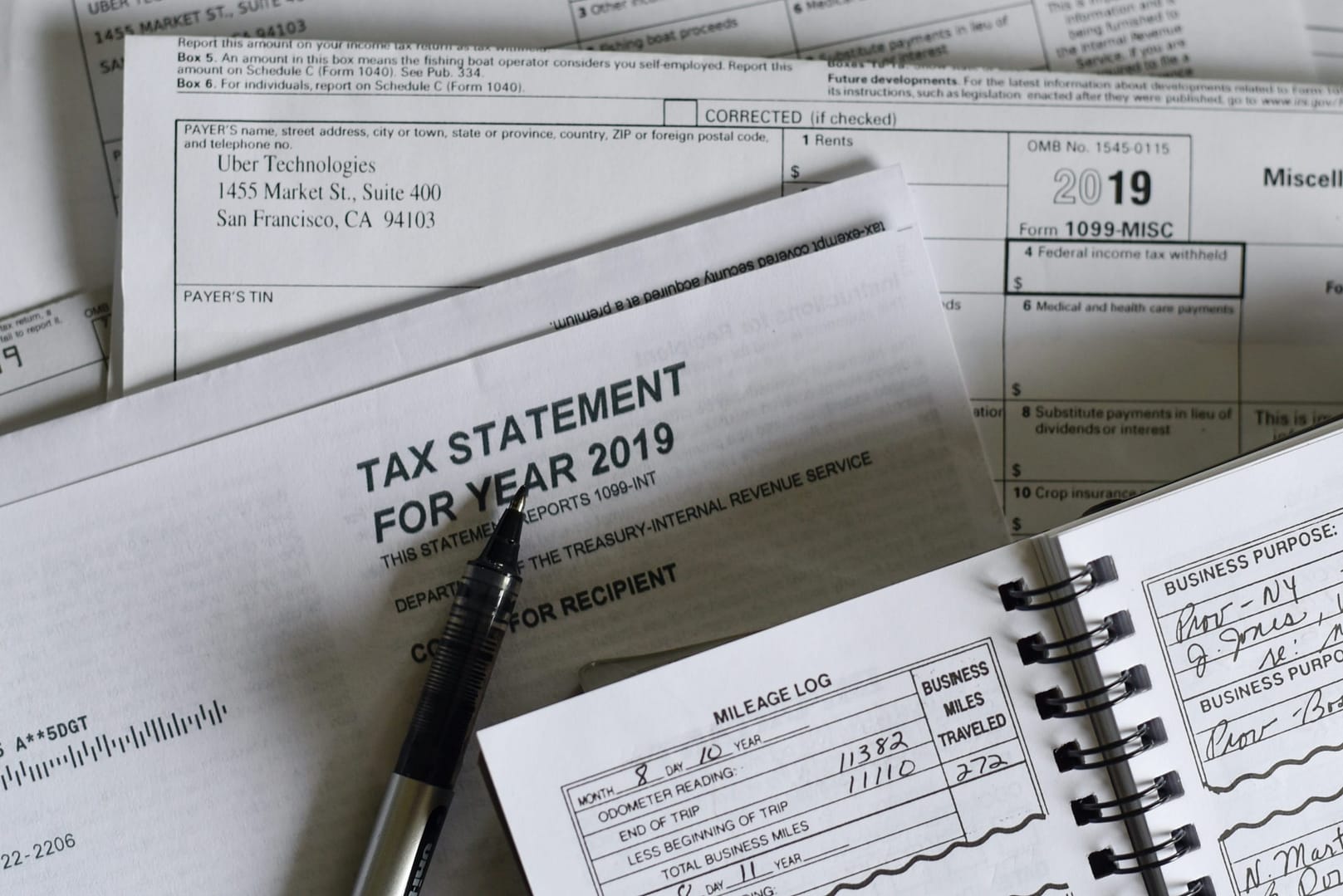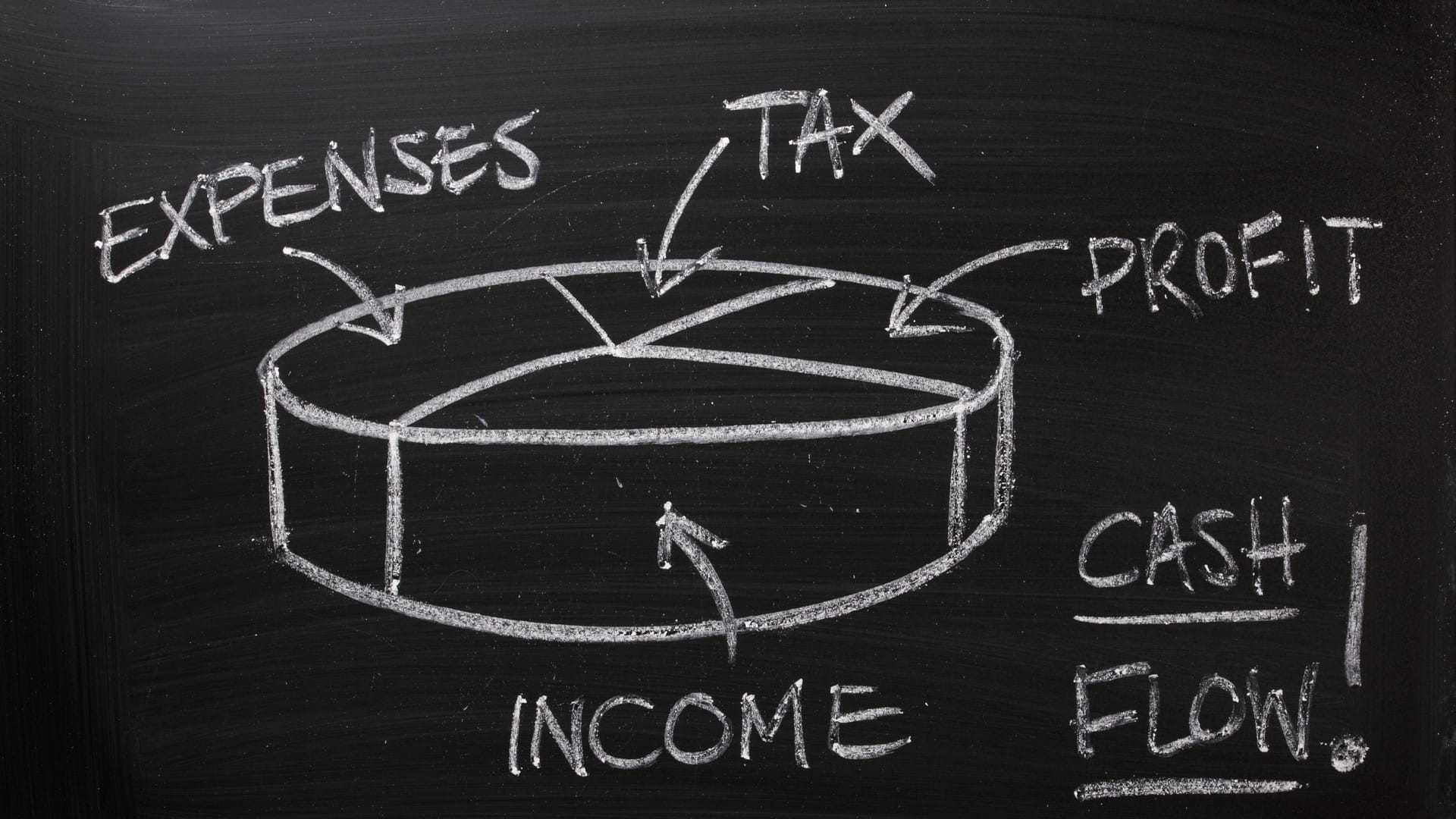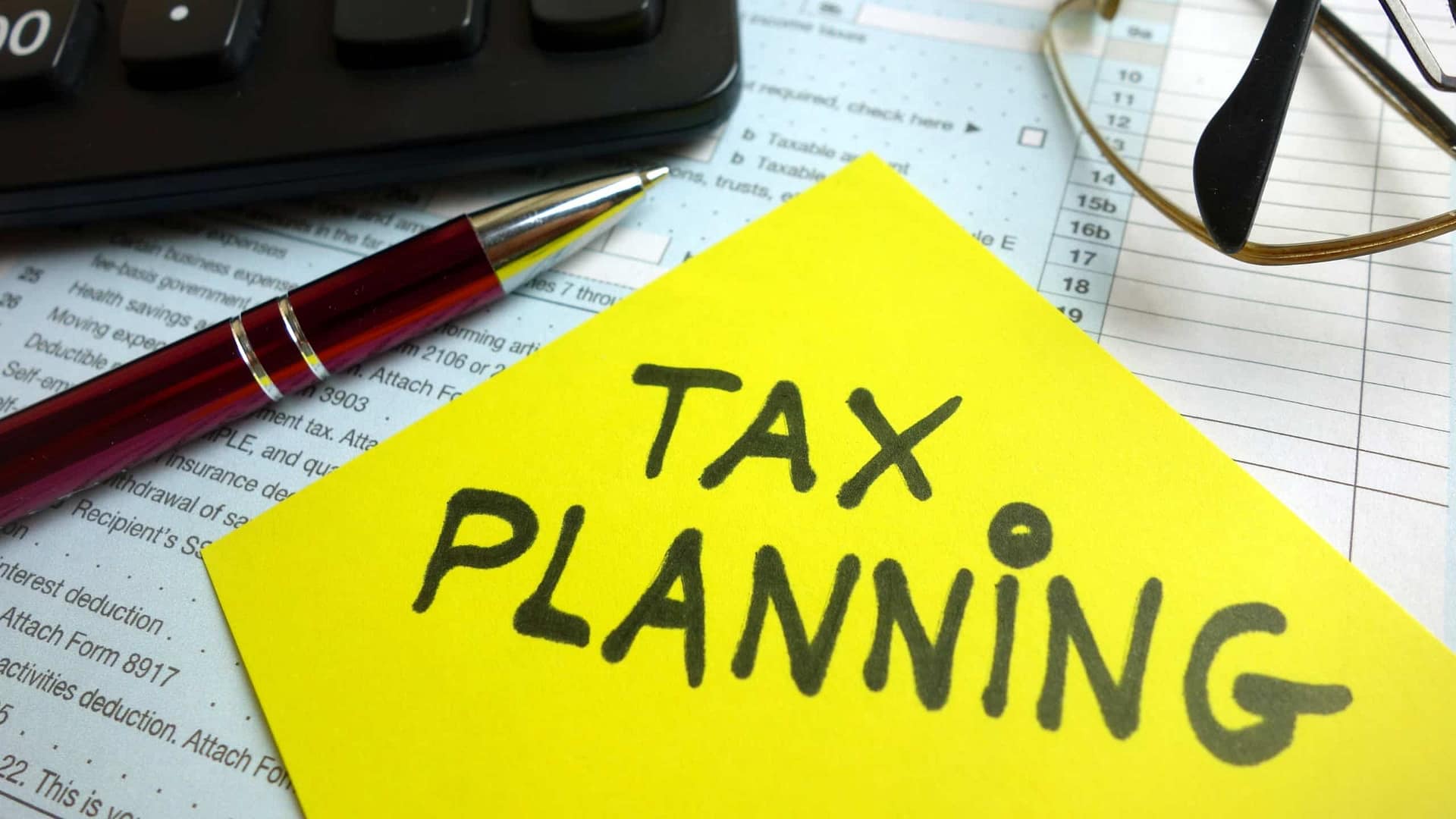Many business owners and taxpayers are accustomed to the idea of “reactive” taxes. In this style of filing, you make your various expenditures throughout the year, see your company’s sales and expenses, and determine how much you owe at the end of the year. However, this form of filing often leads to business owners owing more in taxes. As a result many accountants work with businesses to curb the amount you would owe during tax season.
Why engage in Proactive Planning?
Proactive tax planning allows a business owner to limit tax liability by working within the various state and federal tax laws. Not only does this approach save business owners money, but allows your accountant more time in finding the best deductions and tax credits each year.
The tax landscape is always changing, and implementing an effective tax plan can also help to ensure that your business’ books are kept up to date. This continuous knowledge of the state of your business and the developing tax laws can also help you find beneficial reductions to how much you need to pay.
Business owners looking to expand, incorporate, or otherwise change their business model during the year are especially well served by an adaptive tax plan. This way, you will be able to account for the change in your company and can have a strategy in place to mitigate the corresponding differences in the tax code.
How to start your Proactive Tax Plan
The first step in planning for the upcoming tax season is to find an experienced accountant or CPA. Hiring a professional will allow you to keep your attention on your business ventures, without needing to focus too much on current tax laws. Additionally when creating your tax plan, it is always beneficial to allow your tax professional to assess the current state of your company to strategize a savings plan.
If you have questions about tax planning or are looking for a strategy that is tailored to your specific income or business, contact our firm today.







